AGGIE GREEN FUND  TEXAS A&M UNIVERSITY
TEXAS A&M UNIVERSITY
AGGIE GREEN FUND  TEXAS A&M UNIVERSITY
TEXAS A&M UNIVERSITY
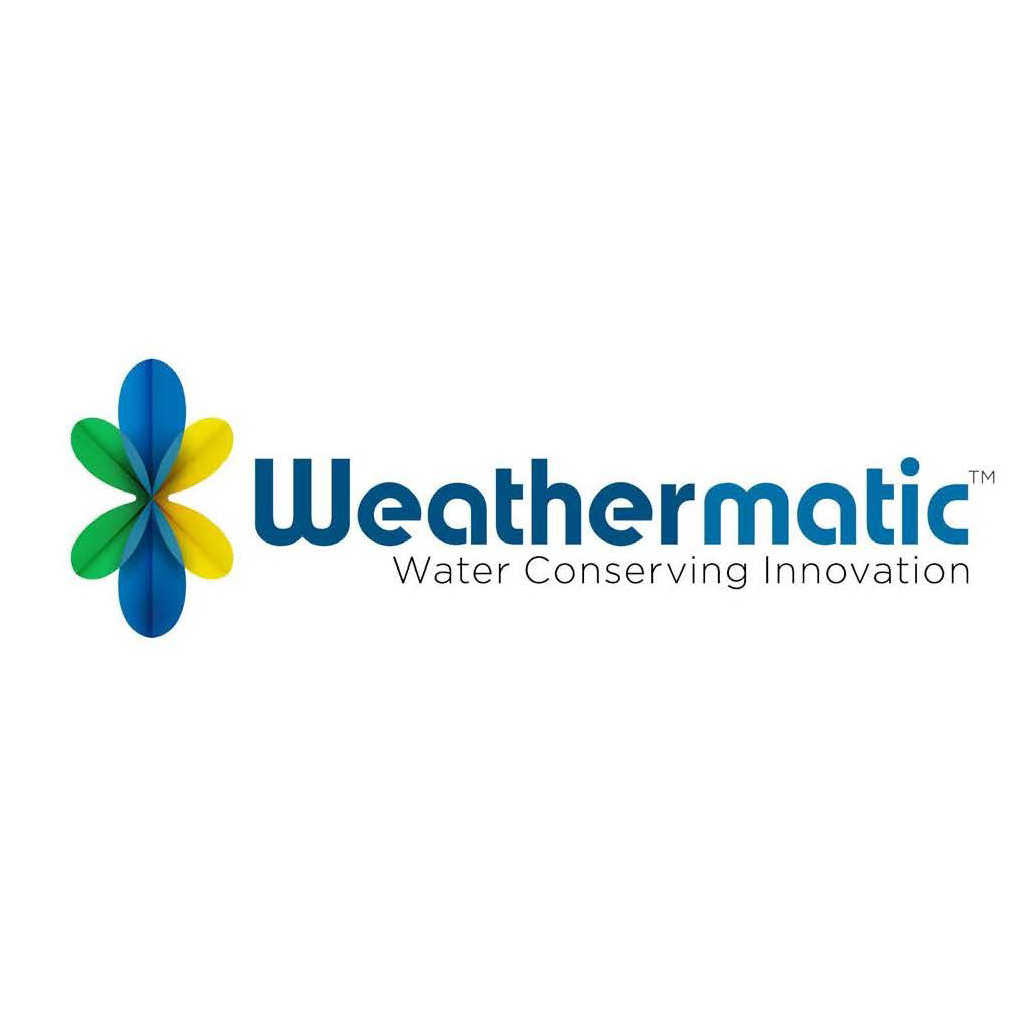
This project focused on installing a new irrigation control system and improving the sprinkler heads to conserve water and more efficiently irrigate the George H.W. Bush Library area of campus. The overall target is to decrease water usage by 30 to 40% at the George H.W. Bush Library and use this as a pilot for future projects across campus.
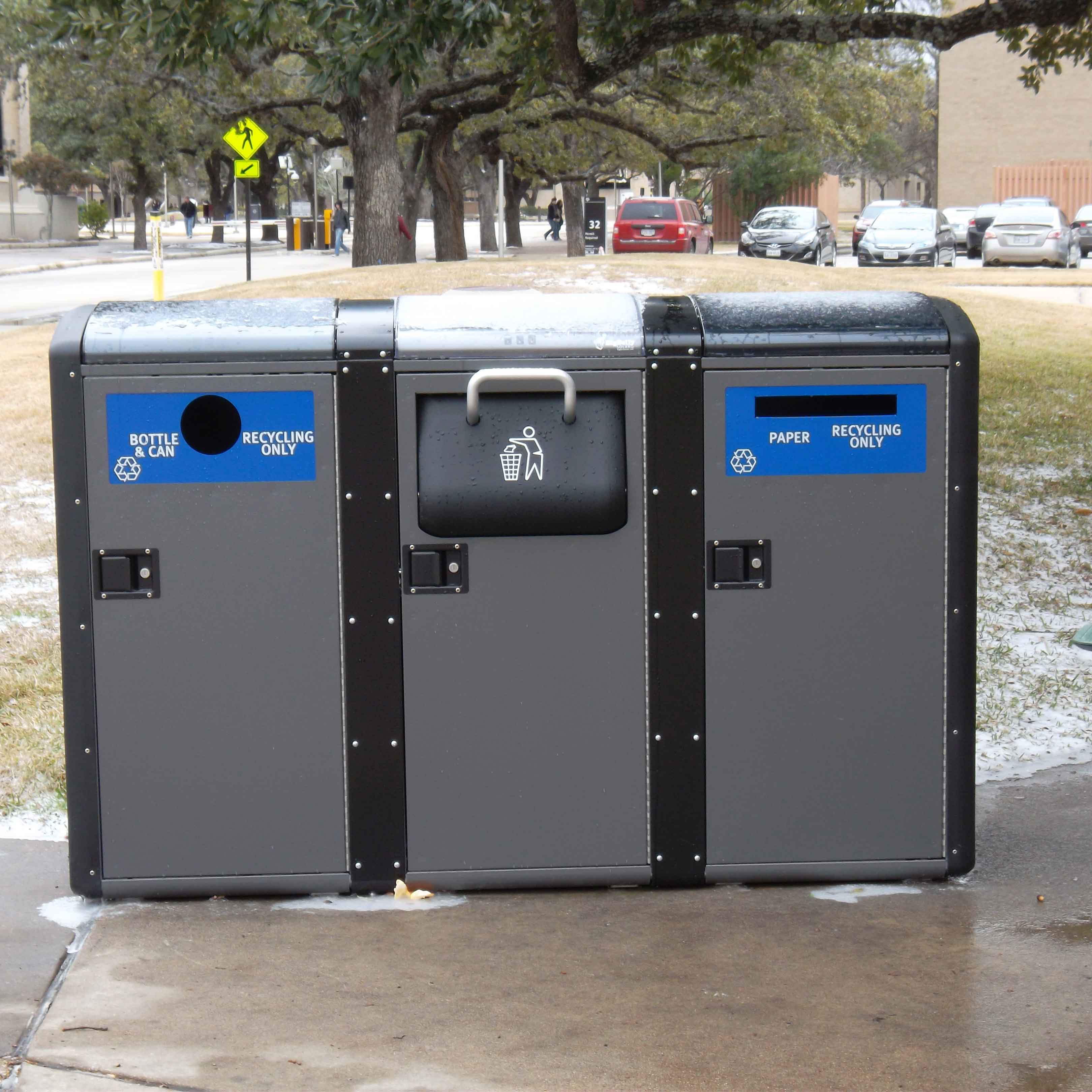
Utilities & Energy Services installed twelve more three-stream recycling bins in high volume areas across Main and West Campus. SSC Services Landscape Maintenance Services collects the waste and recycling and delivers them to Utilities & Energy Management Services for processing.
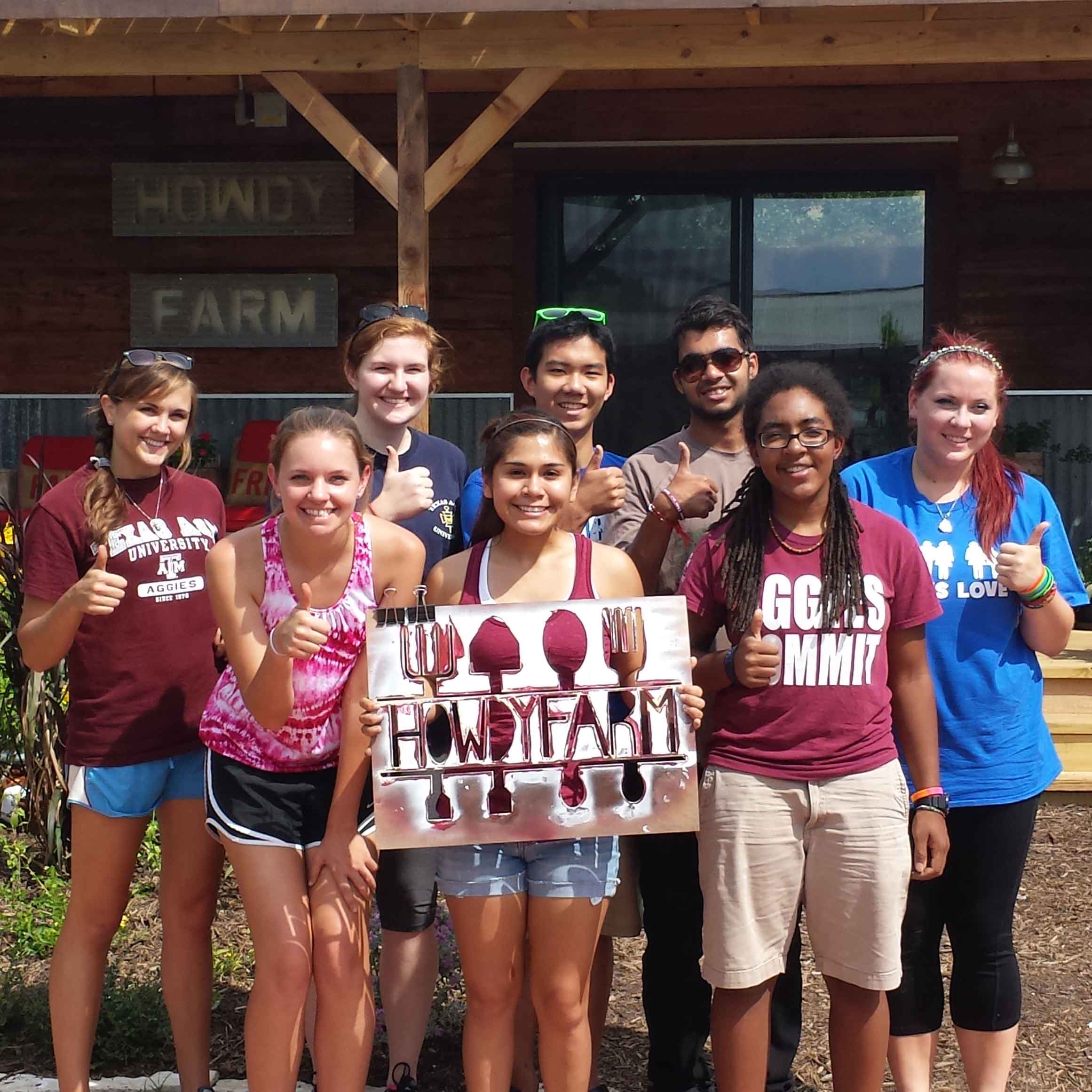
The Howdy Farm aimed to explore the benefit and effectiveness of having a volunteer coordinator position at the farm. The coordinator would be available during all volunteer hours and increase awareness through public outreach, with the goal being increased participation of students and the community.

Through the employment of three part-time paid intern positions in the Office of Sustainability, the office plans to continue its 6 year legacy of campus engagement in environmental programming and improvement. The three positions are one marketing intern and two outreach specialist team leaders. The marketing intern will primarily work on implementing the Sustainability Marketing Plan. The two outreach team leaders will serve as guides to interns earning course credit. Paid positions allow for multiple semester employment, something limited by internship for course credit. This longer term of employment allows for the office to work more cohesively on longer term projects.
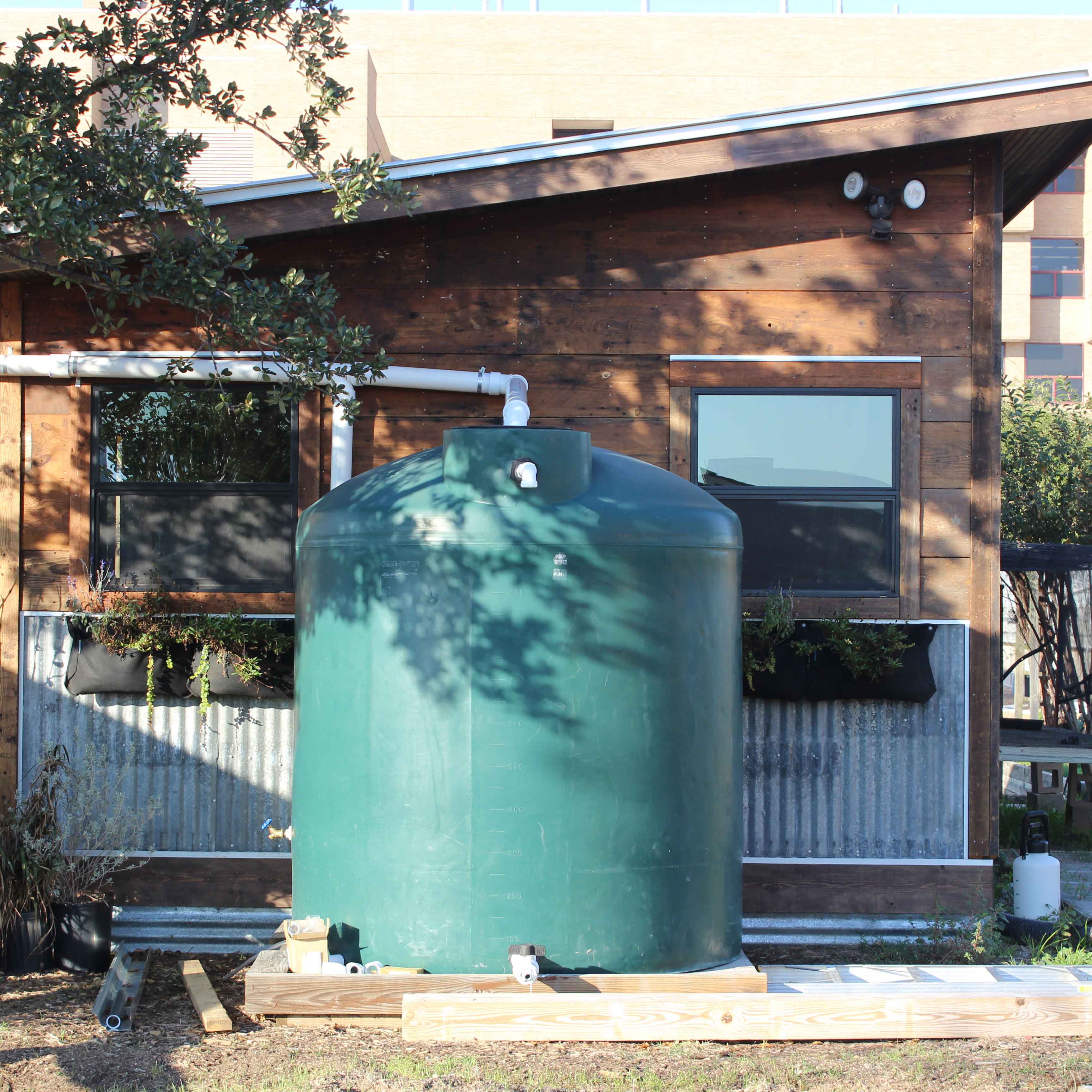
The student-led Howdy Farm purchased new equipment, such as a tractor and implements, cover crop seeds, tool sets and wheelbarrows, and a rainwater collection system. These new tools and equipment increase crop production while increasing sustainability and the farm’s aesthetic appeal.
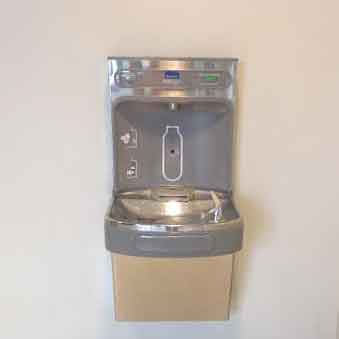
The water fountain on the 7th floor of Harrington Tower was replaced with one that includes a water bottle filling station. The goal is that students, faculty, and staff would bring more refillable water bottles and use the water bottle filling station instead of purchasing bottled water.
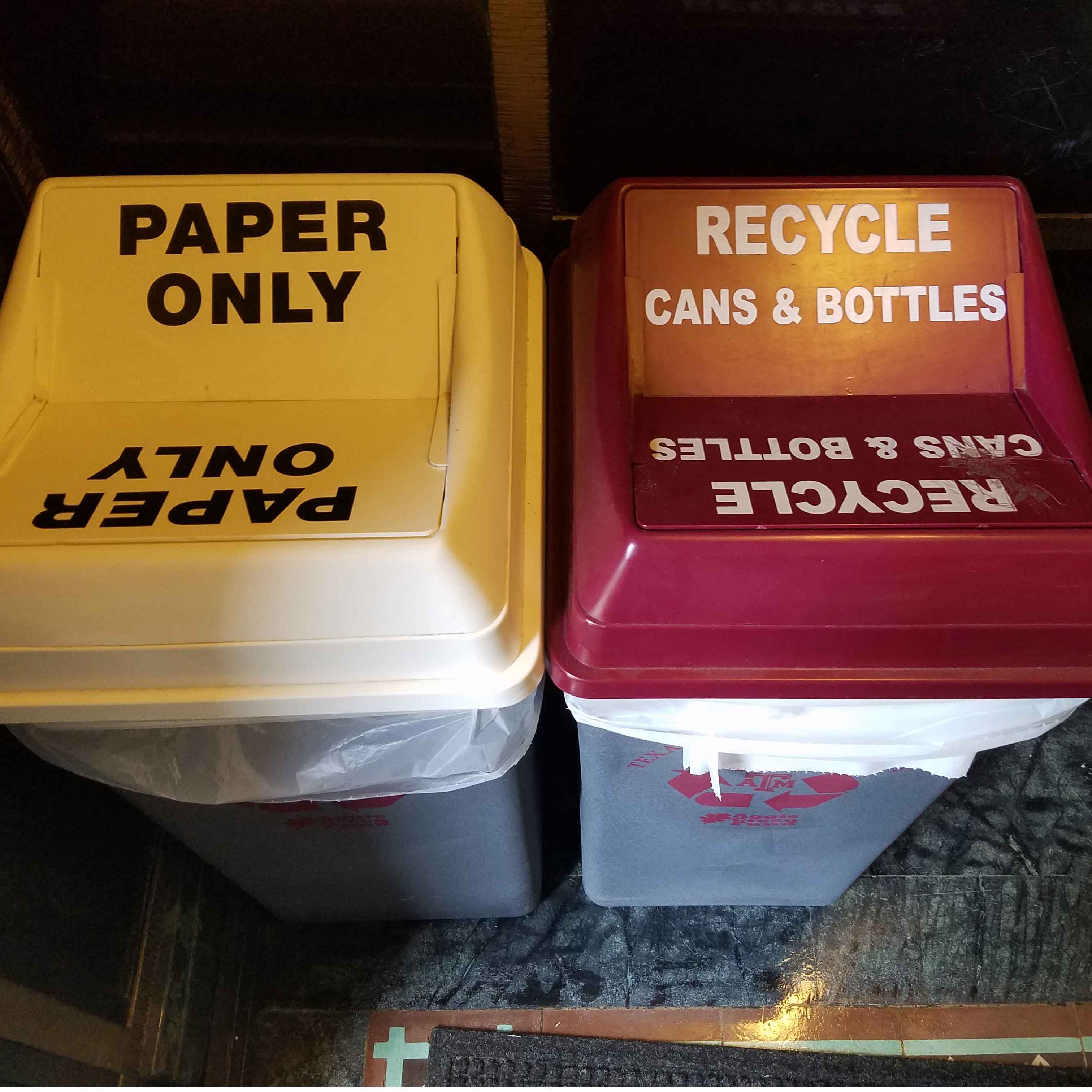
Recycling in the chemistry department is limited by a select number of receptacles. With this grant, additional receptacles were purchased and introduced a color-coded system for recycling across departmental buildings. This project can increase recycling for sustainability initiatives, decrease trash, and reduce waste sent to landfills.
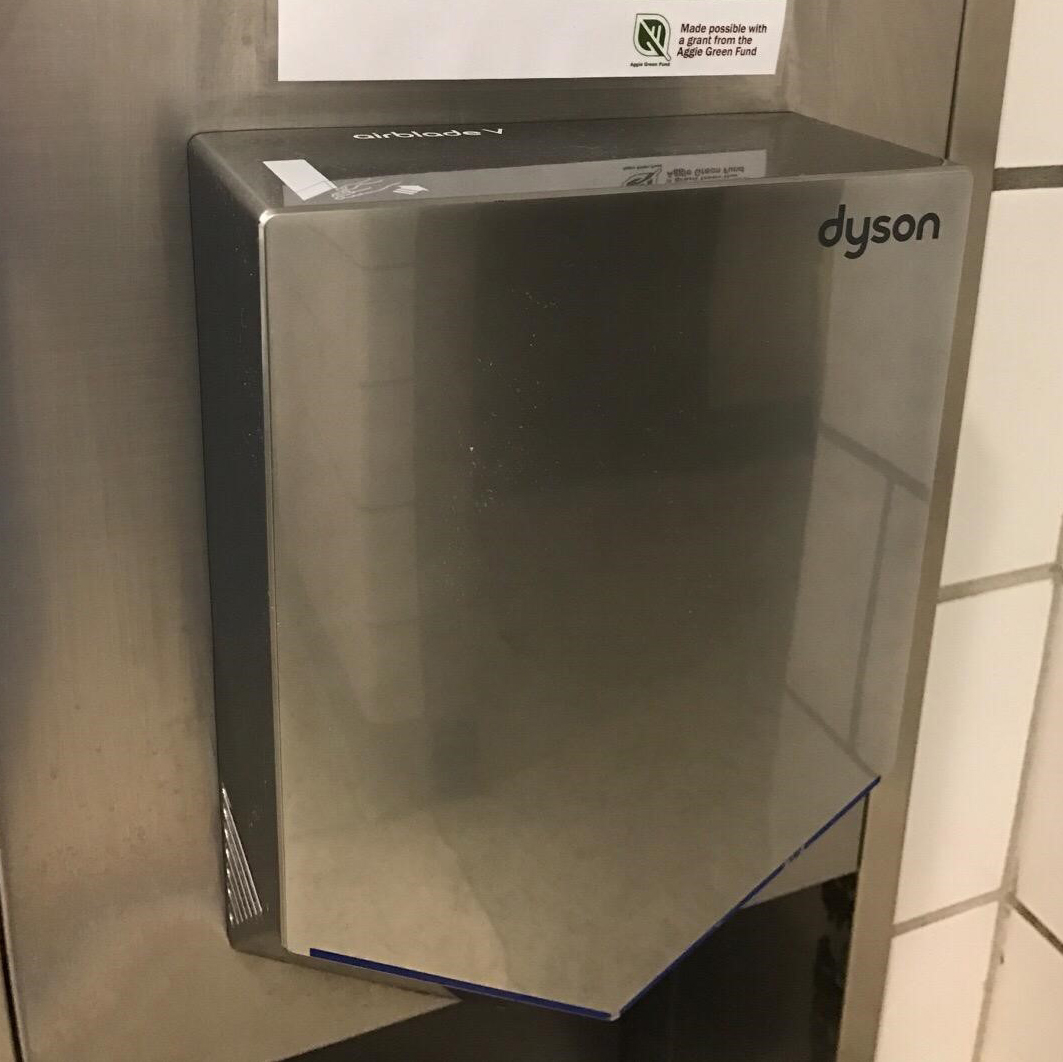
The Office of Sustainability sought to mitigate the problem of excessive restroom waste by providing a hygienic, energy-efficient, and cost-effective form of hand drying. The grant allowed for the installation of 18 hand dryers, Step n Pulls to open doors by foot that eliminate the need for paper towels, and floor mats to absorb excess water that might drip on the floor, preventing slips.
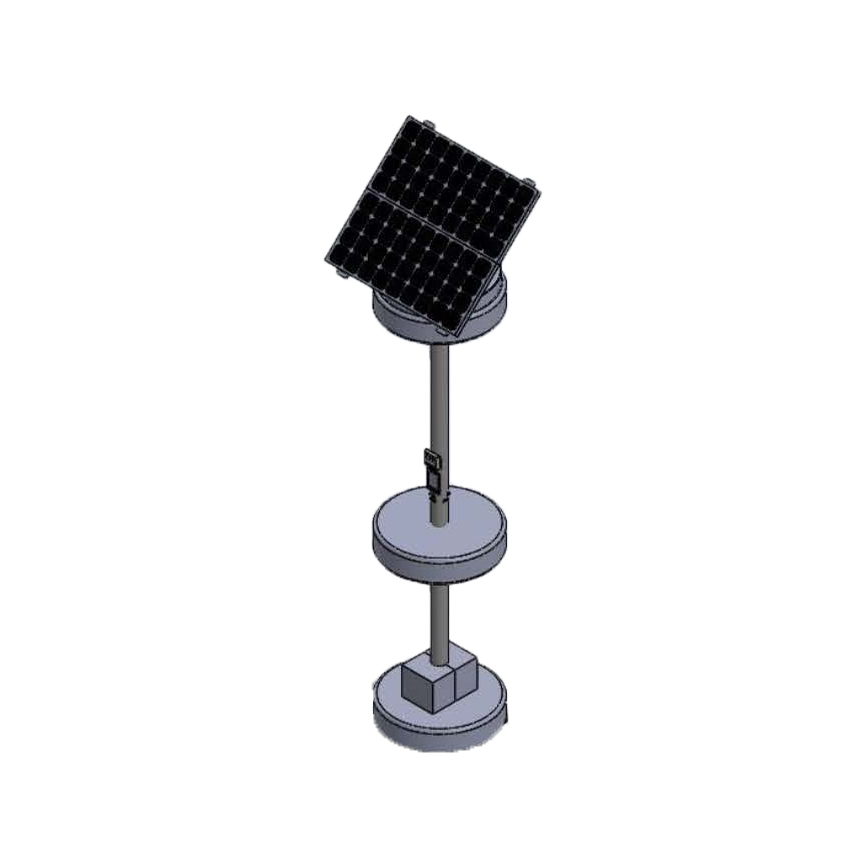
The Aggie Mini-Power Station (AMPS) is an isolated station, which supplies power from solar energy to support students’ electronics without drawing power from other TAMU facilities. Development of these AMPS by our engineering students provides experiential knowledge in the development of the project as well as pride in supporting sustainability efforts for their university.